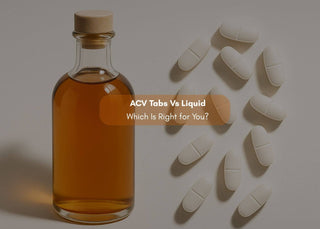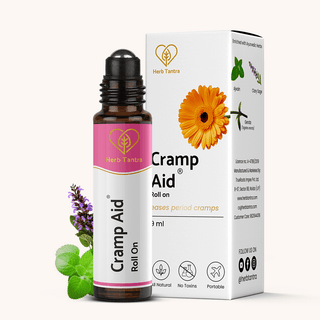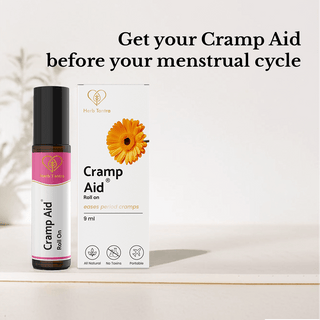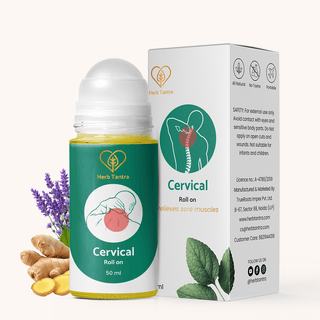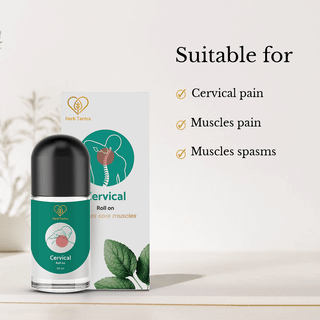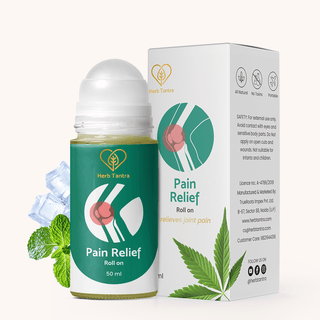Introduction
In today's fast-paced world, many seek natural and convenient ways to boost their health. One popular natural remedy is apple cider vinegar (ACV), a product celebrated for a myriad of benefits from aiding digestion to supporting weight loss and detoxification. But when it comes to supplement forms, many are left wondering: ACV tablets vs liquid—which option is truly the easiest and most efficient way to harness its benefits?
In our blog post, we dissect the crucial differences between ACV tablets and liquid ACV, backed by updated research, real-life examples, and actionable insights. So, get ready to explore the world of supplement forms with us—because when it comes to your health, every detail counts.
Understanding ACV: A Brief Overview
Apple Cider Vinegar has been a staple in natural wellness traditions for centuries. Derived from fermented apples, it is rich in acetic acid, enzymes, and beneficial bacteria. Some well-known benefits of ACV include improved digestion, blood sugar regulation, weight management, and potential anti-inflammatory effects.
Key Takeaways:
- ACV is made from fermented apples, offering a potent mix of acids and enzymes.
- Traditional medicine has long lauded ACV for various health benefits.
ACV Tablets vs Liquid: The Comparative Breakdown
When choosing your ACV supplement form, the two primary options available are ACV tablets vs liquid. Let’s examine each option independently before comparing them side-by-side.
What Are ACV Tablets?
ACV tablets are encapsulated forms of apple cider vinegar. They typically contain a concentrated powder derived from ACV that is then compressed into an easy-to-consume pill. They are portable, tasteless, and simple to integrate into your daily routine.
What Is Liquid ACV?
Liquid ACV is the traditional form most people are familiar with. It is typically a raw, unfiltered vinegar that contains visible strands of “mother”—a colony of beneficial bacteria. Liquid ACV can be used in dressings, drinks, or as a tonic.
Advantages and Disadvantages
When deciding between these supplement forms, understanding the pros and cons will significantly aid your decision.
Pros and Cons of ACV Tablets
Advantages:
- Ease of Use: Ideal for those who dislike the potent taste of liquid ACV.
- Portability: Perfect for on-the-go lifestyles—no mess, no strong odor.
- Precise Dosage: Each tablet delivers a consistent amount of ACV’s active ingredients.
- Shelf-Stability: Typically, tablets have a longer shelf life and fewer storage concerns.
Disadvantages:
- Processing: Some argue that tablets might lose a small portion of the beneficial living enzymes during the manufacturing process.
- Perception: For traditionalists, some may perceive tablets as less “natural” compared to the raw liquid form.
Pros and Cons of Liquid ACV
Advantages:
- Raw and Unprocessed: Often perceived as closer to its natural state, containing all the original enzymes and bacteria.
- Versatile Use: Can also be used in cooking and salad dressings, adding a flavorful twist to meals.
- Holistic Benefits: Users appreciate the holistic approach of including “mother” for its probiotic benefits.
Disadvantages:
- Taste: The strong, acidic flavor can be off-putting for many.
- Inconvenience: Measuring the right dosage might be tricky, and it may not be as convenient for those with busy lifestyles.
- Storage: Requires meticulous storage—sealing tightly and protecting from light can be necessary to maintain its efficacy.
Supplement Forms and Ease of Use
The debate between ACV tablets vs liquid is not merely about taste—it's about convenience, lifestyle compatibility, and personal preference. For instance, many people who travel frequently or have hectic schedules lean towards easy ACV supplements like tablets since they’re designed for swift consumption and precise dosage.
On the other hand, culinary enthusiasts or those who enjoy a more hands-on approach to using natural remedies might prefer the liquid form, which can be incorporated into foods and beverages.
How to Choose the Right ACV Supplement for You
When deciding between ACV tablets vs liquid, consider your lifestyle and health goals. Here are some actionable points to help you make an informed decision:
-
Evaluate Your Daily Routine:
- Are you a busy professional who prefers a quick, no-mess supplement? Tablets might be optimal.
- Do you have time to mix a morning tonic or salad dressing with liquid ACV? That might be your preference.
-
Consider Taste and Sensitivity:
· If you are sensitive to the strong taste or acidity, tablets provide a palatable alternative without compromising the benefits.
· For those who enjoy robust flavors integrated into meals, liquid ACV offers both flavor and function.
-
Assess Dosage Consistency:
- Tablets provide a standardized dosage, which can be especially beneficial when tracking your intake for specific health benefits.
- Liquid ACV might require careful measurement each time, but it offers the complete package of natural enzymes.
-
Storage and Portability:
- Tablets typically offer a longer shelf life and are easier to store and transport.
- Liquid ACV, while effective, needs careful handling to ensure it does not degrade over time.
-
Personal Health Goals:
- Consider what you are aiming for—be it digestive health, weight management, or overall wellness.
- For those leaning towards convenience and ease, especially during travel or hectic days, easy ACV tablets are a promising choice.
Tips for Integrating ACV into Your Lifestyle
Whether you opt for tablets or liquid, here are some practical tips to make the most of your ACV intake:
-
Morning Routine Boost:
Start your day with a consistent dose of ACV. If using tablets, take one with water before breakfast. If you prefer liquid, mix a small tablespoon in a glass of warm water with a hint of honey. -
Balanced Diet:
Combine your ACV supplement with a healthy, balanced diet. ACV can complement meals, boosting digestion and nutrient absorption.
-
Track Your Results:
Keep a journal or use a wellness app to note any changes in digestion, energy levels, or overall well-being. This will help you determine which form of ACV best suits your body’s needs.
|
Feature |
ACV Tablets |
Liquid ACV |
|
Taste |
Tasteless, easy to swallow |
Strong, acidic flavor |
|
Dosage |
Pre-measured doses |
Requires manual measurement |
|
Portability |
Highly portable |
Bulkier, potential for spills |
|
Shelf Life |
Longer, stable formulation |
More sensitive to storage conditions |
|
Versatility |
Simple supplement |
Can be used in recipes and dressings |
Conclusion
Choosing between ACV tablets vs liquid ultimately comes down to your personal lifestyle, taste preference, and specific health goals. Both forms offer the renowned benefits of apple cider vinegar, be it improved digestion, better blood sugar regulation, or enhanced weight management support. If you value the convenience, consistency, and ease of use that comes with measured doses, ACV tablets might be your best ally for easy ACV integration. On the other hand, if you're a culinary enthusiast who cherishes natural, raw ingredients, liquid ACV remains a timeless choice.
Ready to elevate your wellness journey?
Explore our thoughtfully curated collection of ACV products and natural remedies at Herb Tantra. Embrace the simplicity of natural supplements and take the next step towards a healthier lifestyle today.
FAQs
Q1. Is there a taste difference?
Yes, ACV tablets are formulated to be tasteless, ensuring you get the benefits without the strong vinegar tang. Liquid ACV, on the other hand, retains its naturally bold, tangy, and acidic flavor.
Q2. Which is more convenient?
ACV tablets offer a quick, no-mess solution perfect for busy lifestyles and travel. Liquid ACV requires measuring and careful handling, making it ideal for home use or culinary applications.
Q3. Are the benefits the same for both forms?
Both tablets and liquid versions deliver the core benefits of ACV, such as improved digestion and balanced blood sugar levels. However, liquid ACV may provide extra enzymes naturally present in its raw form, while tablets offer consistent dosing.
Q4. How should I decide which form suits me best?
Consider if you need a discreet, portable option (tablets) or if you appreciate the versatility of adding ACV to meals (liquid). Your daily routine, taste preferences, and health goals will guide your decision.
Q5. Can ACV supplements interact with medications?
ACV in any form may affect blood sugar or blood pressure levels and interact with certain medications. It’s wise to consult a healthcare provider if you’re on chronic medication or have underlying health concerns.



